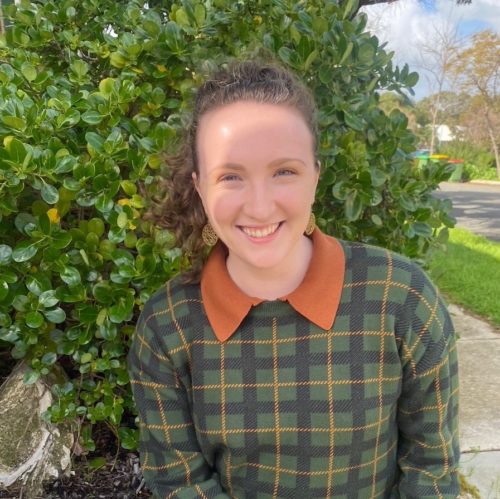Fremantle Press commits to becoming carbon neutral: Kirsty Horton shares our first steps

Fremantle Press is proud to announce that we’ve committed to becoming carbon neutral. Over the last few months, I’ve had the pleasure of working with Carbon Neutral on behalf of The Press to take the steps to becoming Green. Taking action to help the environment is one of the most important things humans can do right now, so leading this project has been personally rewarding. By partnering with Carbon Neutral, we are offsetting our yearly carbon output by supporting the conservation of Western Australia’s ecosystems and biodiversity.
What is carbon offset?
A carbon offset is created by an activity that either prevents the release of, reduces or removes greenhouse gas emission from the atmosphere. Some examples include renewable energy and reforestation. Carbon offsets are measured in metric tonnes of carbon dioxide – where one tonne purchased equates to one less tonne of carbon in the atmosphere.
Carbon Neutral is an Australian-based company whose goal is to reduce the amount of carbon emissions in the atmosphere in order to create a more sustainable future, and help businesses, like Fremantle Press, become carbon neutral. To do so, businesses work out their carbon emissions, then calculate the volume of carbon offsets needed to balance out their output. Choosing from a wide variety of projects across Australia and the globe, companies apply those offsets to a particular project to help protect, rebuild and maintain the environment.
What is Fremantle Press’s annual carbon footprint?
Using tools provided by Carbon Neutral, I looked at the output of the office building from which the Press works and calculated our carbon offset for a one-year period. Output generated by third parties (offsite), such as printing and freight, are offset by the companies from where the output is generated.
I considered factors such as postal couriers collecting and delivering to the office, energy usage, water usage, waste disposal, office consumables (i.e. ink and paper), staff travel, events (i.e. venue and catering) and food.
For the 2020–21 year, Fremantle Press’s output was 40.40 tonnes of CO2. To become carbon neutral, we have committed to purchasing 41 tonnes of offsets to support the Yarra Yarra Biodiversity Corridor project.
What is the Yarra Yarra Biodiversity Corridor project?
As Fremantle Press is a West Australian company that prioritises supporting local people and communities, the project supports the reforestation and habitat restoration of the Yarra Yarra Biodiversity Corridor in the northern wheatbelt of Southwest Australia.
The project aims to link small patches of remnant vegetation and twelve nature reserves in the Yarra Yarra Biodiversity Corridor by planting mixed native tree and shrub species on degraded ex-agricultural land. Mitigation of fire risk is factored in with fire breaks, geographic separation of planting sites, insurance and light grazing of sheep to reduce fuel load.
This area is classified as a Global Biodiversity Hotspot (GBH), one of 36 in the world and the first recognised in Australia. A GBH qualifies by having a least 1,500 species of endemic plants (found nowhere else on Earth) and has lost 70% of its primary native vegetation. The Yarra Yarra Biodiversity Corridor has seen approximately 97% of the vegetation cleared for traditional farming practices since the arrival of Europeans.
Fremantle Press’s contribution will not only work towards reforestation, but restoring and preserving a native ecosystem.
What are the benefits of supporting the Yarra Yarra Biodiversity Corridor?
The economic benefits include providing employment and training opportunities for local people, contribution to local business and ongoing consultation and engagement with First Nations communities.
The project’s co-benefits contribute to some of the United Nation’s Sustainable Development Goals:
- Good health and wellbeing: Contribution to the positive mental health and wellbeing of First Nations communities.
- Qualityeducation: Provision of job-specific training sessions and inductions for local employees.
- Clean water and sanitation: Lowering salinity in both ground and surface waters over the project’s life.
- Decent work and economic growth: Creation of 400+ jobs, over 50 First Nations roles and engagement with more than 80 businesses.
- Climate action: At least 967,695 tonnes of CO2-e will be sequestered during the project’s lifetime (approx. 50 years).
- Life on land: The biodiverse native trees and shrubs planted contain over 30 species of conservation significance.
Fremantle Press is proud to support the local biodiversity and conservation of Western Australia’s environment, and to safeguard the future of not only culture and storytelling, but of the land too. We will re-evaluate our carbon output each year and offset emissions through Carbon Neutral projects. I look forward to helping the team reduce our environmental impact in any way we can.
Kirsty Horton
Editor | Minderoo Editorship


